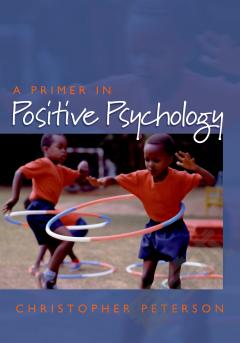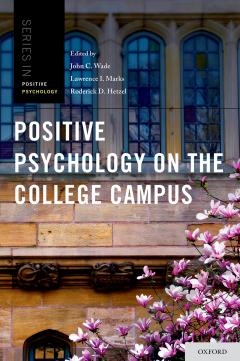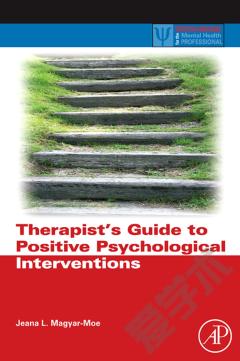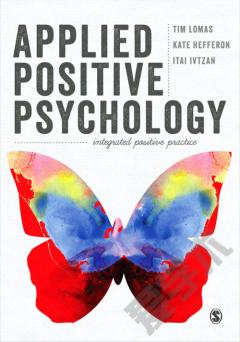Positive Psychology for Positive Pedagogical Actions
Positive Psychology for Positive Pedagogical Actions is organized into three different sections, each containing an introduction and three chapters. This book provides desirable and attainable new ideas for improving education as positive interventions. The introduction of this book frames the authors' analysis using positive psychology tools to develop techniques promoting positive pedagogical actions. Each section of this book deals with different aspects in the realm of positive pedagogies, positive psychology and practical experiences. The three sections together frame an educational roadway to prepare a humankind social capital in which positive interactive experiences, both psychologically and pedagogically related, do match. Section one, Positive Pedagogies in Action, is organized into three parts that include Creating a Niche for Critical Pedagogical Praxis in which the theory of practice architectures supports the journey to positive realities when sharing educational purposes; Pedagogical Praxis and Storytelling: Promoting Educational Change through Participation, which gets to the notion of praxis and participatory action in education in which the bridges towards educational change are: dialogue, commitment, self and joint reflection, interaction; and Gender Consciousness: Personal Pedagogy and Political Activism, in which the idea of social change sets bounds to feminist pedagogies, and positive psychology strategies, emerging as appropriated tools connected with the feminisation of discourses and practices.Section two, Positive Psychology in Practice aims to offer a picture of how to draw positive strategies to guide teaching, while invigorating learning. It includes Affect, Emotion Regulation and Flow Experience in School and Leisure: Contributions for a Positive Education, which studies how to create the best conditions to facilitate optimal experiences at school life; Hope, Engagement and Achievement at School: How Enhancing Hope can Increase School Commitment and Success?, which supports Synders Hope Theory to quote the relationships between hope and engagement, effectiveness, perception of autonomy, school commitment, life satisfaction and well-being; and School as a Positive Organization: Teacher Training on Positive Pedagogies, which explains what a positive institution is and how to cultivate strengths to discover meaning and growth opportunities when sharing educational purposes. Section three, Practical Experiences to Frame our Positive Pedagogy Proposals, is sustained in positive psychology approaches to promote human development for individual, communities and societies to grow. Taking these into consideration, the combination of reflection, action and participation is the substance for the three practical experiences discussed in this section. These include Inclusive Education: A Frame for Positive Changes in South Africa, which is supported on Bronfenbrenner’s (1987) ecological model of interrelations from the macro to the micro system of educational organization; Teaching Sciences Positively, which is supported in positive psychology strategies to develop positive pedagogical practices in which infant & elementary students can live sciences in an active way, experiencing motivation and engagement towards scientific knowledge; and Involvement and Well-Being: A Micro School Experience, which compares involvement, emotional engagement, sharing and cooperating with one another for well-being in a school room with a teacher trained in positive psychology tools.
{{comment.content}}








 京公网安备 11010802027623号
京公网安备 11010802027623号